Malaysia Aims to Regain Palm Oil Market Share in the EU amid a Global Shortage
While palm oil has previously been neglected in Europe for many years, it is finally becoming more welcomed. Here's how Malaysia intends to use this situation to reclaim its palm oil market share in the EU.
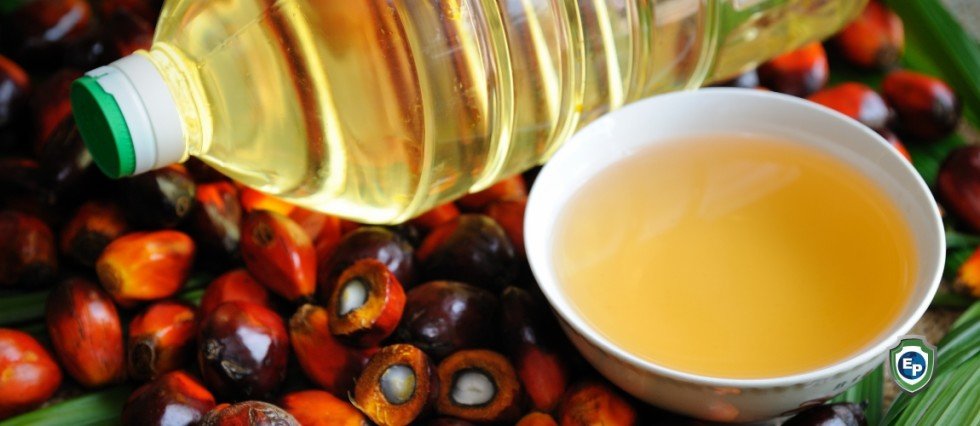
In recent years, palm oil has become very controversial in Europe for various reasons. But at a time when the conflict in Ukraine forces European companies to adapt and source differently, is the rejected stone on its way to becoming the cornerstone?
Palm Oil, the Unloved of Oils
Palm oil has been stigmatized because of its alleged negative impact on biodiversity and the safeguarding of certain protected animal species. According to the World Wide Fund for Nature, palm oil production is causing massive deforestation of tropical forests in Southeast Asia and consequently the extinction of animal species such as orangutans.
In addition to environmental issues, palm oil is also singled out by nutritionists because, according to them, like all oils, palm oil is essentially made up of fatty acids. But those present in the fruits of the palm oil are 50% saturated fatty acids, fats that cardiologists consider unhealthy. By comparison, rapeseed oil contains only 7% saturated fatty acids and sunflower oil 10%. These saturated fatty acids increase the level of bad cholesterol (LDL) and thus increase the risk of heart attacks.

Will the Rejected Stone Become the Cornerstone?
All of the aforementioned reasons have led the European Union to remove palm oil from the list of biofuels and force the food industry to exclude palm oil from product manufacturing. The mention of “without palm oil” has even become a selling point in mass distribution. Several palm oil-producing countries, including Malaysia, have campaigned for the de-demonization of palm oil, but without much success.
However, since February 2022 and the start of the war in Ukraine, Europe has experienced many shortages, particularly with regard to vegetable oils. Sunflower oil has even seen its price almost double in supermarkets. As a result, palm oil is becoming the alternative. It has temporarily been reintroduced in the manufacture of agri-food products to overcome the shortage of sunflower oil.
Malaysia Intends to Fully Seize This Opportunity
While the rest of the world is suffering from an oil shortage, Indonesia, the world's largest palm oil producer, has temporarily halted exports to avoid a shortage. Meanwhile, Malaysia, the world's second largest producer of palm oil, is expected to increase palm oil production and exports by 30% by the end of this year. The country stated that it intends to use the global edible oil shortage and "political tension in Europe" to reclaim lost market shares.
To achieve this goal, Zuraida Kamaruddin, Minister of Industrial Plantations and Commodities, told Reuters in an interview that her ministry had proposed lowering the tax to 4%-6% from the current 8% to the Ministry of Finance (MOF), which has set up a committee to look into the details. If this proposal is implemented, palm oil exports should increase. However, local observers question such a measure and fear shortages at the local level.
Learn More with Export Portal
Was this article what you were looking for? Find more articles like this one on our Blog Page today!
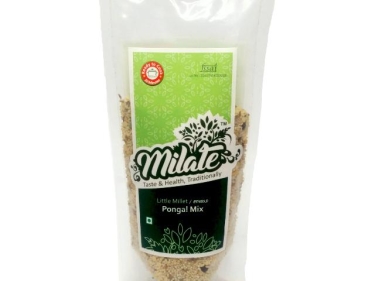



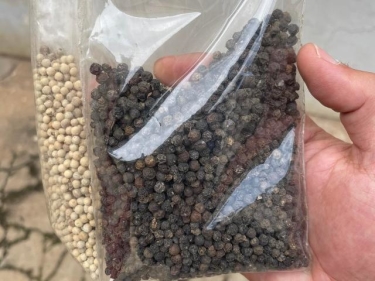
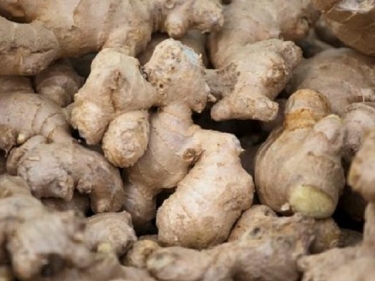
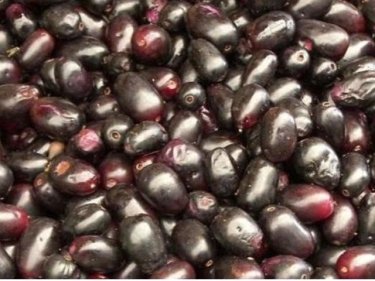

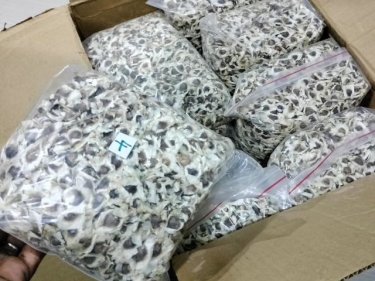
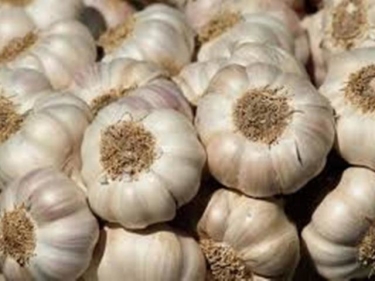








Comments 0